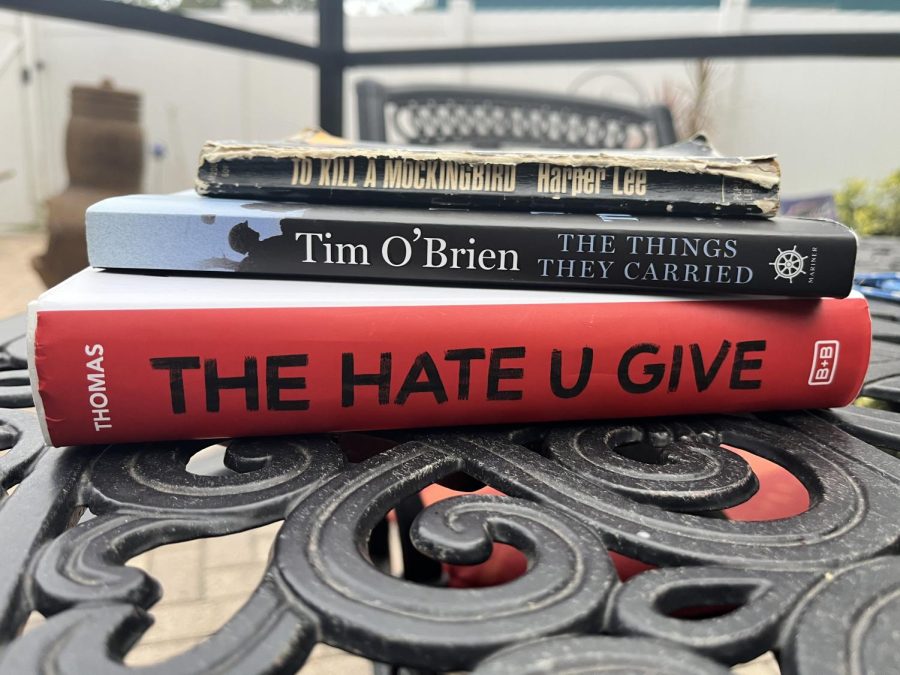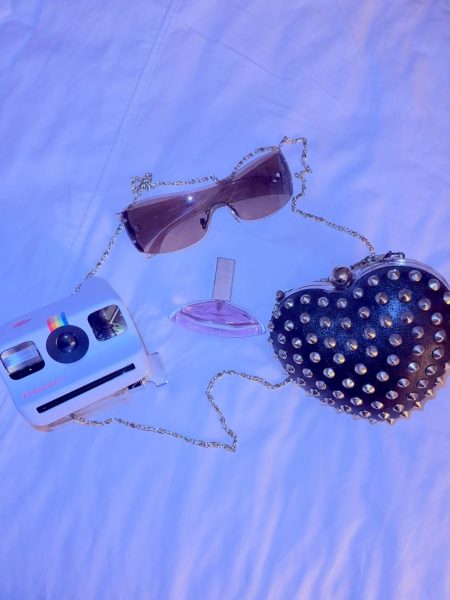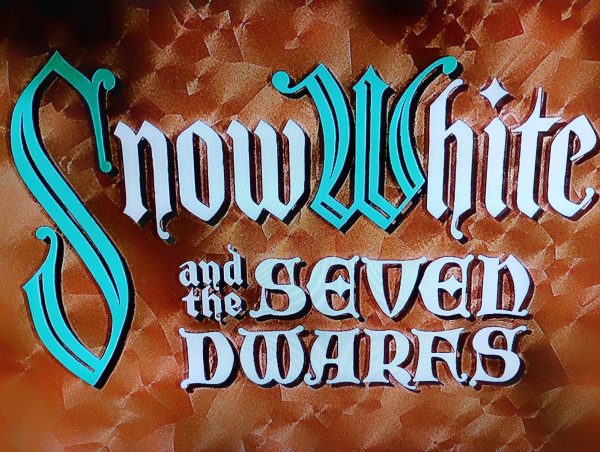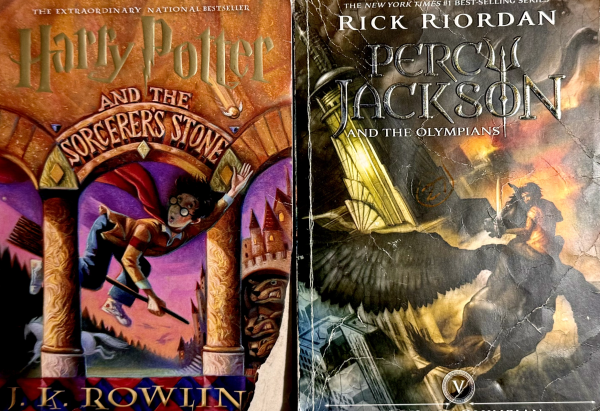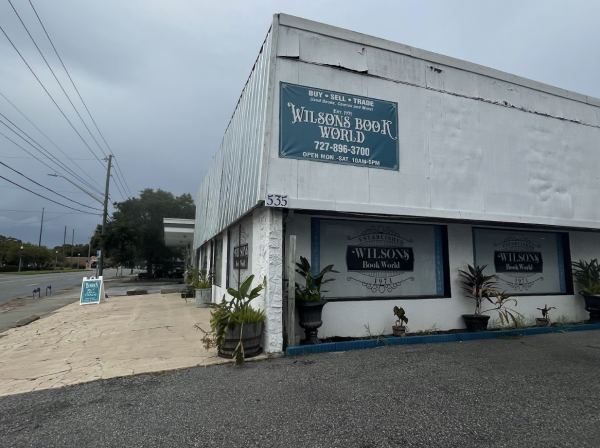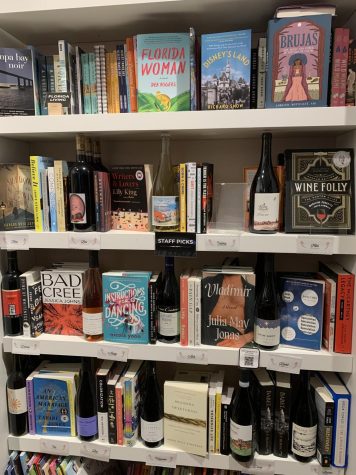The Phenomenon of Book Withdrawal
When it comes to book withdrawal, the best way to get out of the slump is to get into a new book.
You finish reading the last page of the book you have devoted numerous hours to. You go through the ritual of updating your Goodreads, putting the bookmark away, and placing the book back on the shelf. Only, what are you going to read next? The book you just finished was perfect. From the characters to the writing to the plot and the world-building, this book has forever raised your standards of what literature is worth your time and what isn’t. You no longer want to read the books waiting in your “to be read” pile. Your taste has developed. What about what happens next? Will the characters you have grown to love get married? Go on a new adventure? That couldn’t have possibly been the end of the story. Instead of choosing a new book, you decide to let this one marinate for a day or two. However, doing so has now let the melancholy sink in more. Different things remind you of the book, your search history is filled with questions for a possible next release, and you can’t seem to stop telling your friends how amazing it was and how they need to read it too. Well, I hate to be the one to tell you this, but you have a severe case of book withdrawal.
“What is book withdrawal?” you ask. There are many different definitions for the feeling felt after closing an impactful book or series. The definition I found that seems to describe it best is “the condition in which attachment to a book or series that has ended causes the reader emotional distress or an inability to start a new book because you are still living in the old book’s world and will not get to experience the feeling of reading it for the first time again.” No, you are not crazy or too uninvolved in the real world, and no, you do not need to go outside and touch some grass. This experience is shared by most book readers and is simply a small price to pay for good entertainment. That said, book withdrawal is not only felt with books. This same feeling is experienced by those coming from finishing outstanding TV shows, movies, and concerts. These same feelings of longing to forget the experience in order to relive it seem to be linked to any media that is able to evoke emotion and become more than just words on a page or being in a somewhat sweaty crowd shouting the lyrics of your favorite songs.
“How do I get over this?” you ask next. Fortunately for you, there is a cure. When it comes to book withdrawal, the best way to get out of the slump is to get into a new book. Whether you just came from reading a book about existentialism and the meaning of life and are moving on to a cheesy romance, you have got to move on. Acknowledge the memories made, give it the five stars it deserves, and pick up the next one. There is no time to waste; we both know you set an unreasonably high reading goal for this year, and those books are not going to read themselves. In a few months, you can even re-read it; the experience does not have to end. As opposed to the popular opinion, re-reading books is not a boring pastime where you know everything that is going to happen and can feel your brain turning off. Very often, we think we remember much more than we do, and re-reading can still be an engaging experience. If anything, you will likely notice more when re-reading than you did the first time around. Re-reading a book is essentially equivalent to rewatching a movie but focusing on a different character’s face in each scene.
I digress. Book withdrawal, while sad, just shows that you were affected by what you read, and eventually, you will find a new book to cry over. It is just a fact of life. For me, the book withdrawal from finishing the Harry Potter series was detrimental, and I know my peers have their own books that stuck with them and had a lasting impact on them far after finishing the epilogue. Books have the power to make you feel a part of something otherworldly. Books have shaped the way I view the world, from how I view and treat my relationships to how I understand the lives of others and appreciate my own life. Sometimes it is the things that are low-risk that have the highest reward. Winnie-the-Pooh said it best, “How lucky I am to have something that makes saying goodbye so hard.”


